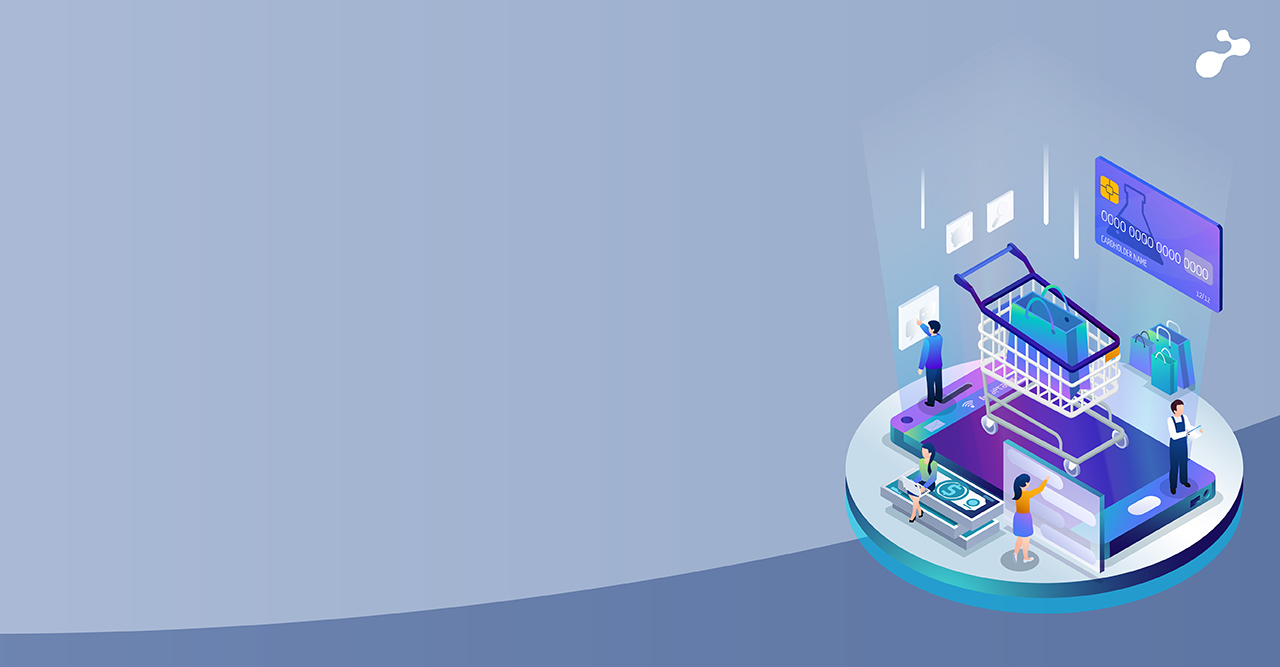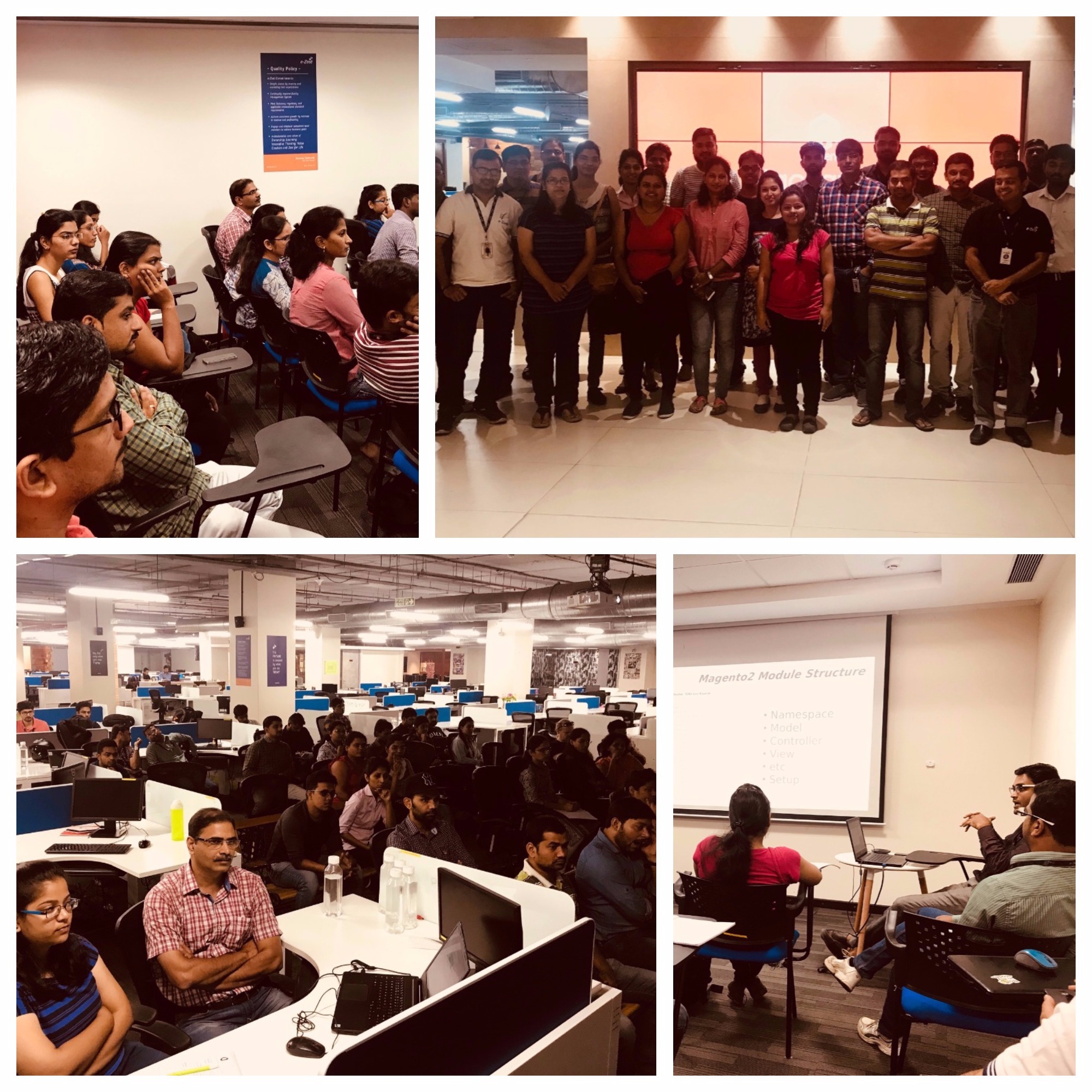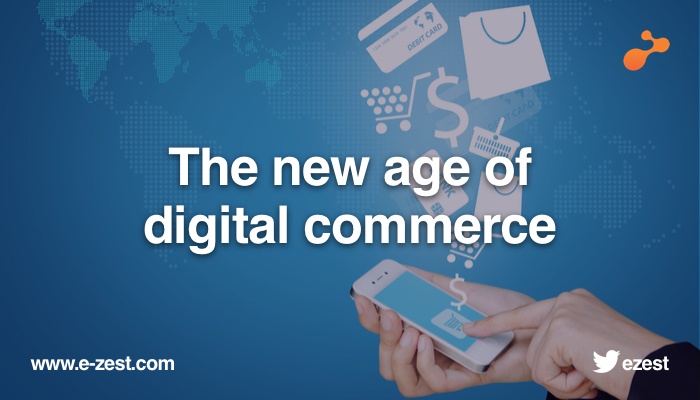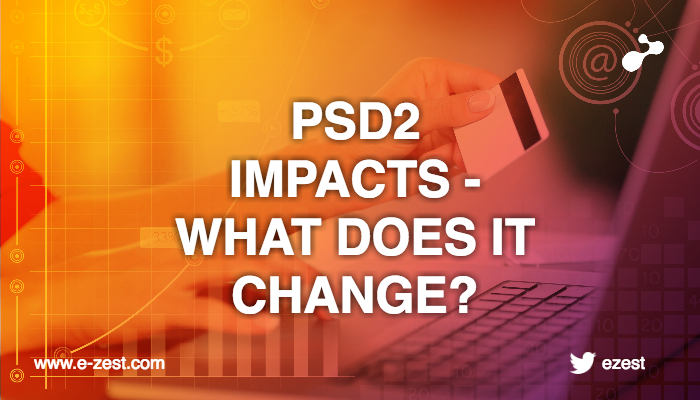e-Commerce shops are starting at a rapid pace and shutting with a similar pace. Ever wondered why such initiatives fade away in competition? A simple reason is lack of sustainability which is achieved by mitigating the risks, and to mitigate the risks one must identify them.
Any project or business must be evaluated for its ability to stand the competition, risks involved in the business and the factors that can affect its performance. It is evident that several e-commerce initiatives lack a thorough research before they are conceived and initiated. Mitigating the risks is vital for the sustainability of a business, and before that, identifying those risks. This requires a lot of research on the various factors that might affect an e-commerce startup. One must answer the following questions in detail before starting an ecommerce shop:
Objectives: Your business objectives must be clear to drive the initiative towards right direction. Your objectives can be of revenue or footfall, but there must be clear objectives stated.
- What is the objective of your e-commerce shop?
- What are the numbers that you want to achieve from this portal and in what time duration?
Research on the market: It is vital to understand the dynamics of the industry before entering into it, hence a detailed research about the industry and competition is a must.
- Have you done enough research to understand you competitors in the market, including their weak and strong points?
- What are the competitors’ USPs and where does the gap lies?
- Are you filling the gap and easing consumers’ lives?
Technology: The technology must be contributing towards achieving your objectives, hence selection of the right technology/tool is critical.
- How well versed you are with technology, or you are completely dependent on an IT partner for technical needs (coz that will cost you a recurring expense for maintenance and enhancements)?
- What features do you want to provide to the users as well as admin, and which platform provides these features?
- Is the platform flexible, scalable and secure?
- Is the cost of the platform within the sustainable range of your initiative’s budget?
User Experience: A nicely wrapped product and a store experience that is memorable to the visitors, attracts more customers, hence the UX of the portal must be well engineered.
- Have you done a research on the best way to present your products to the visitors of your ecommerce portal?
- How do you want to place your products to make it the most effective way to cross-sell your products?
- What features do your customers would expect from the portal?
Security: Customers want to be sure that their financial details such as credit card and personal details should not be compromised, hence the portal should be secured with world-class security measures.
- How are you planning to secure your ecommerce portal?
- What security tests are you planning to perform and what certificates will your portal require to establish confidence in the users for the security of the portal?
Products description and customer conversion factors clearly stated: Products on an e-commerce shop must be placed with complete details providing all the required information to the prospects as well as attract them with the features. Hence the details should be written in an impacting manner.
- Have you planned to assign a dedicated content writer to write a detailed description of the products?
Trust building: To convert hits into sales, the portal must be able to build trust with the prospects, hence steps must be taken to make it trustworthy.
- How do you think prospects/visitors will trust your e-commerce shop?
- Have you identified factors that will help in building trust in your e-commerce shop?
Offline presence: An offline presence also helps build trust in your customers.
- Have you planned only online presence for your e-commerce shop?
- Don’t you think you should at least have a brick-&-mortar office place to show your real life presence to your customers?
Customer support: After sales service is a key factor in converting sales, moreover, making customers’ experience with the portal and the organization smooth helps in conversion as well as retention of the customers. Happy customers are the key to growing business.
- Have you planned your strategy to provide support to your customers?
- How do you do it with minimal cost?
What is your USP: You must identify, define and showcase your Unique Selling Proposition (USP) to pull prospects to your e-commerce shop. It can be discounts, services, products or anything that is different and make you stand apart from your competition.
- What is the niche you are giving to your customers?
- There are giant players in competition, what different are you doing?
Reaching out to customers: There must be a marketing plan to pull customers to your portal, and for that you must reach out to them via different digital marketing strategies.
- How do you plan to be visible on the searches made by the prospective customers on the search engines?
- Have you planned to optimize your pages and also do some online marketing via PPC, etc.?
Mobile friendly: In the current market scenario customers are prone to using mobile devices more, hence you must provide capability to shop through a mobile device.
- How will you cater to the mobile client?
- What is your technology roadmap for your portal?
Risk mitigation: You must identify the risks involved in the project and plans to mitigate those risks. There should be contingency plan defined as well to ensure successful execution of the project, such as a case where time critical product delivery is delayed.
- Have you identified the risks involved in the business?
- Have you identified the mitigation strategies for the identified risks?
- Have you thought of contingency plans in case the risk occurs?
- Have you identified budget risks and planned the roadmap accordingly?
These questions will make your vision clearer about the project and whether it is in line with your objectives or not.
e-Commerce portals are a need of the time and the survival of such organizations depend a thorough research and a well-planned roadmap with risk mitigation strategies and contingency plans well written.






